The Folly of Wishful Thinking Idealism: the Indwelling Sin of All Men
Wishful Thinking Idealism, unlike Christian Realism, believes that everyone, even competition, is fundamentally reasonable.
Eric PattersonOctober 31, 2022
Firmness or Conciliation for Russia: Reinhold Niebuhr in 1947
We are told that a policy of firmness must inevitably lead to war, while conciliation could guarantee peace. In the Nazi days this was called appeasement.
Christianity & Crisis Magazine & Reinhold Niebuhr & Mark MeltonMarch 1, 2022
Playing poker with a gangster
Though gangsters will strut, it is the God of all nations who will judge and dispose.
Mark TooleyFebruary 3, 2022
Appeasement’s Eternal Lessons
Tim Bouverie’s history of British pre-WWII appeasement—Chamberlain, Hitler, Churchill, and the Road to War—compellingly recounts how the democracies, chiefly Britain, deferred confrontation with Hitler for much of a decade, only barely recovering in time to avert complete calamity.
Mark TooleyFebruary 6, 2020
The Just War of Unjust Nations
In nearly every war both sides point to the offenses and wickedness of their enemies, hoping to solidify that they are on the side of morality and godliness and to justify their decision to fight. The Axis Powers of World War II undoubtedly had perverse and wicked aims, but in this article Eduard Heimann argues that the democracies, and particularly the Christians living within them, deserve blame for the war as well.
Christianity & Crisis MagazineJanuary 23, 2018
Winston Churchill and the Crisis of American Leadership
Throughout his presidency, Obama has appeared profoundly uncomfortable with the qualities most often associated with Churchill: martial resolve, moral clarity, and supreme confidence in the transcendent ideals of Western Civilization.
Joseph LoconteMay 2, 2016
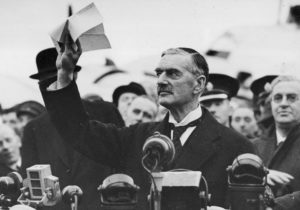
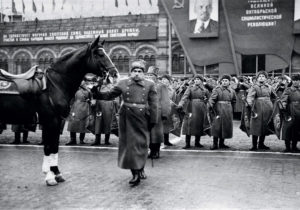

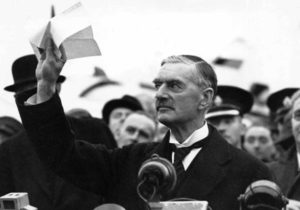
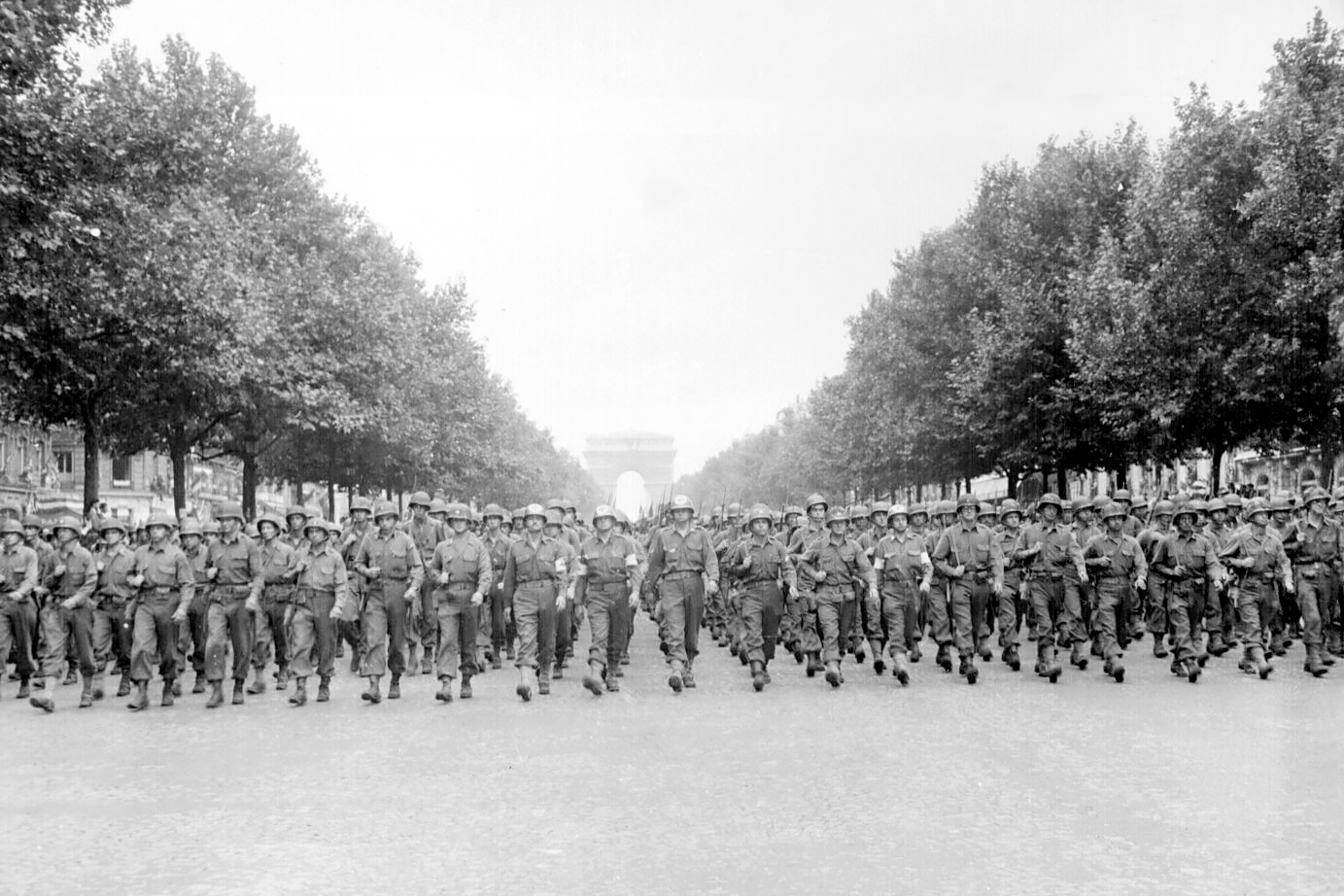
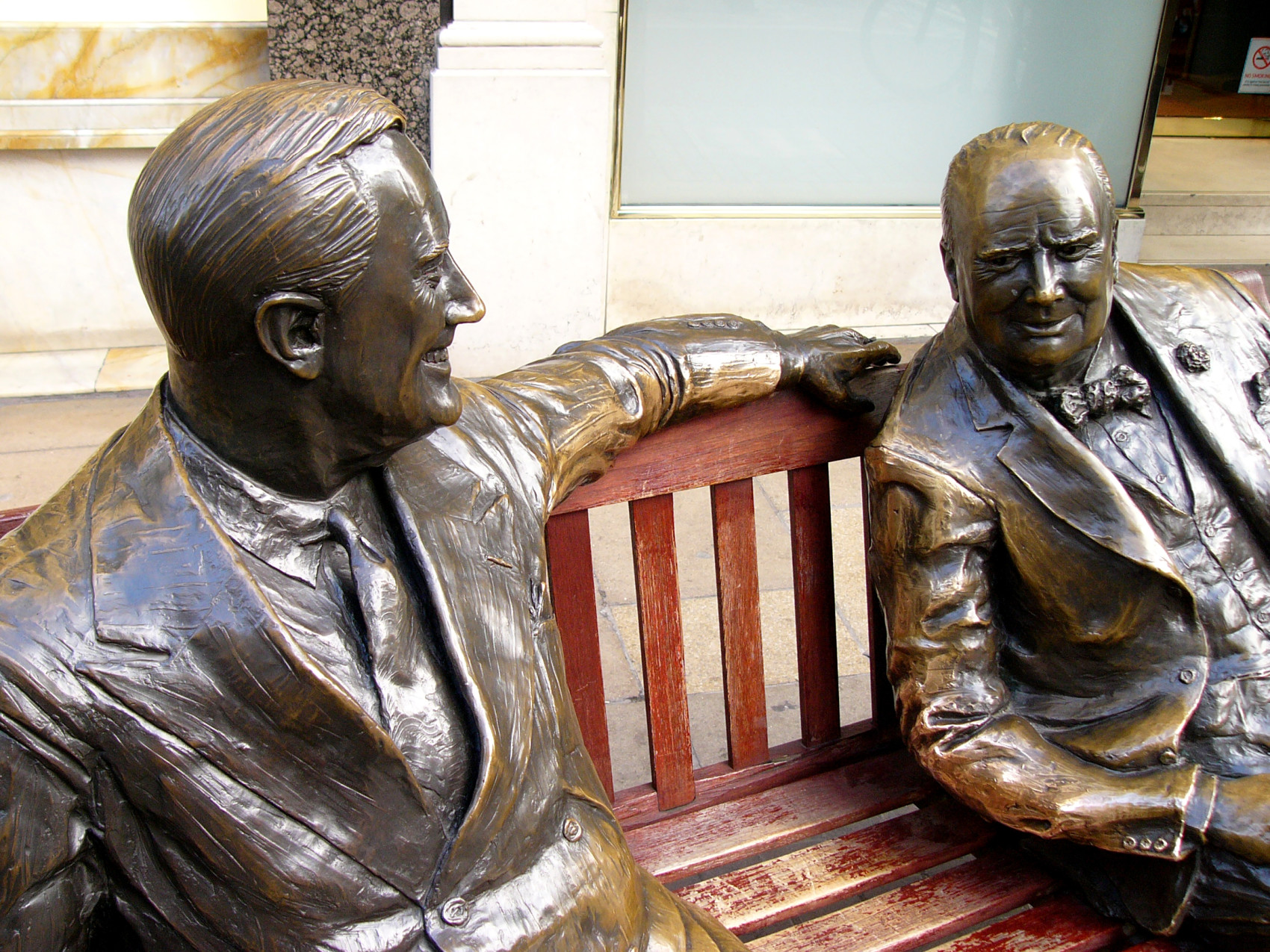

 Sponsor a student for Christianity & National Security 2024
Sponsor a student for Christianity & National Security 2024